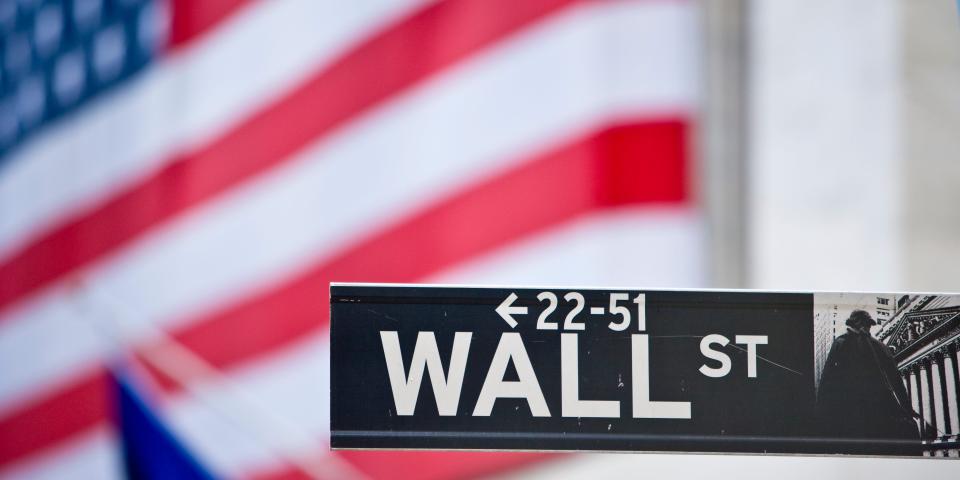A US debt default will have 'unquantifiable' adverse consequences and unthinkable long-term implications, Wall Street experts warn

A group of 17 top financial experts warned of "unquantifiable" consequences to come if the US defaults on its debt.
In a letter addressed to Treasury Secretary Janet Yellen, they made the case for possibly repealing the debt limit altogether.
The group warned that the ongoing political deadlock is particularly harmful in the midst of the banking turmoil.
A group of Wall Street experts and high-level financial executives have warned of "unquantifiable" adverse consequences should the US government default on its debt, and made the case for possibly repealing the borrowing limit altogether.
A drawn-out political deadlock over the government's debt obligations "will dramatically increase taxpayer costs and exacerbate market stress," the 17-member group of current and former chairs and vice chairs of the Treasury Borrowing Advisory Committee since 1998 said in a letter addressed to Treasury Secretary Janet Yellen.
"The short-term impacts of a protracted negotiation are costly; the long-term implications of a default are unthinkable," according to the group, among which are Goldman Sachs and JPMorgan executives. "The magnitude of adverse consequences from a prolonged negotiation, or a default, is unquantifiable, with both the American taxpayer and the U.S. economy bearing the burden."
The US debt ceiling has been altered more than 80 times since 1941, despite political standoffs. Now, the group urged Congress to raise the borrowing limit "with all due haste" and argued for a more permanent remedy to the recurring issue.
"It is time to introduce an alternative method of enforcing fiscal responsibility, by either requiring the limits to be raised simultaneously with appropriations or by repealing the debt limit altogether," they wrote.
Lawmakers have been sparring over the debt limit for weeks now. President Joe Biden on Tuesday met with top lawmakers to work toward an agreement on raising the debt ceiling and preventing a payment default, which Treasury Secretary Yellen said could happen as early as June 1. But they did not appear to come to an agreement on the best approach to do so.
The Wall Street executives warned the spat is particularly harmful amid the ongoing turmoil in the banking sector.
"This is time taken away from already extensive risk management and is particularly pernicious amid an evolving banking crisis," they wrote. "With financial markets on edge, continuing to debate raising the debt limit is reckless and irresponsible."
Meanwhile, media outlets reported Monday that Yellen had been personally calling up CEOs and other business executives to warn them of the "catastrophic" impact to come should the US government default on its debt obligations.
She has continued to urge Congress to raise the debt ceiling and recently warned that the government could run out of money and trigger an economic crisis that will cost millions of jobs and roil the global economy.
Read the original article on Business Insider
